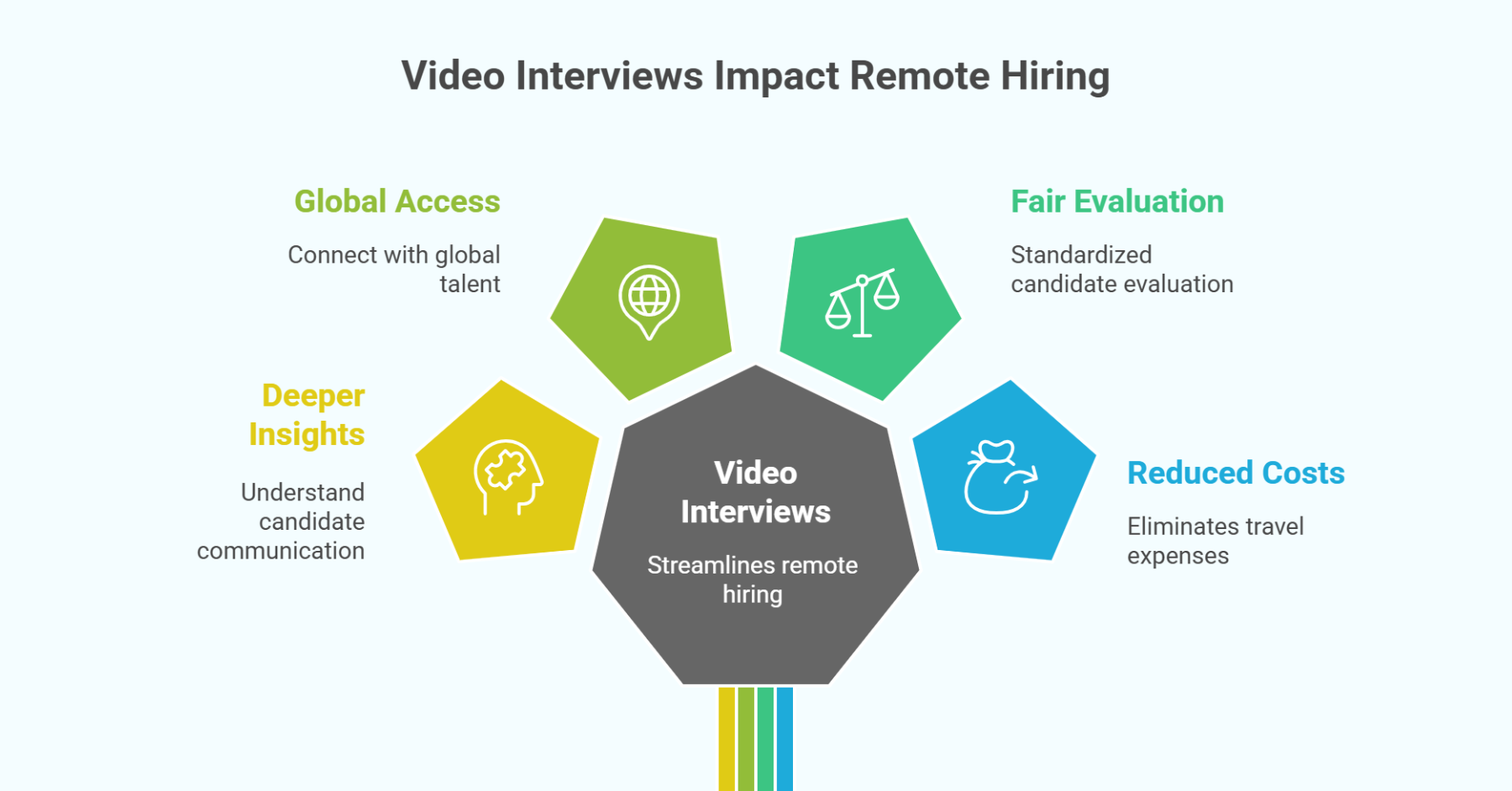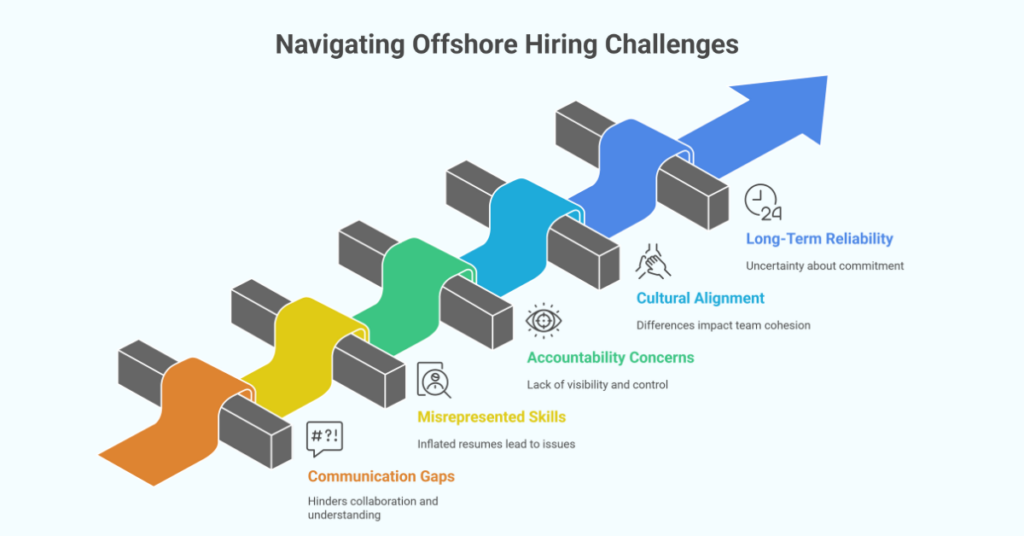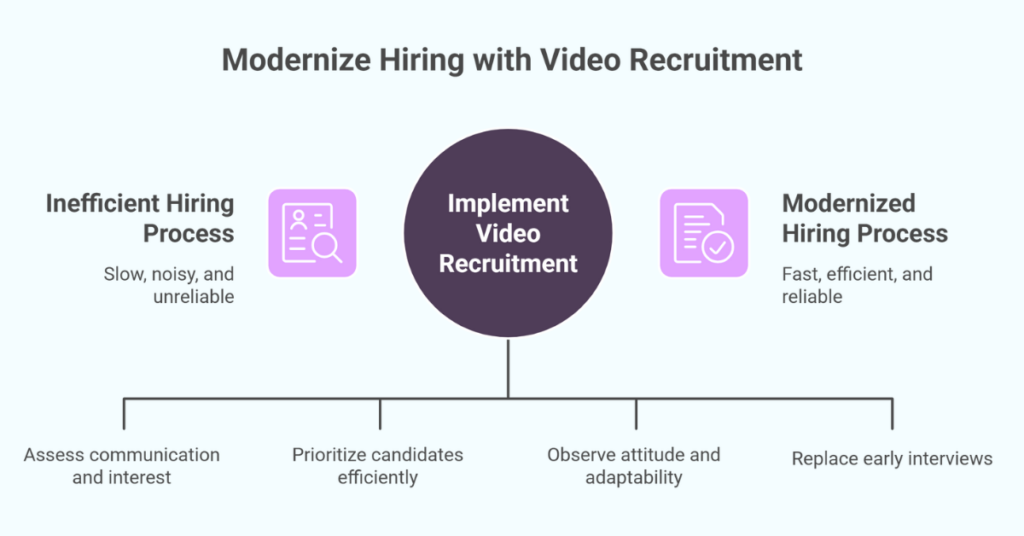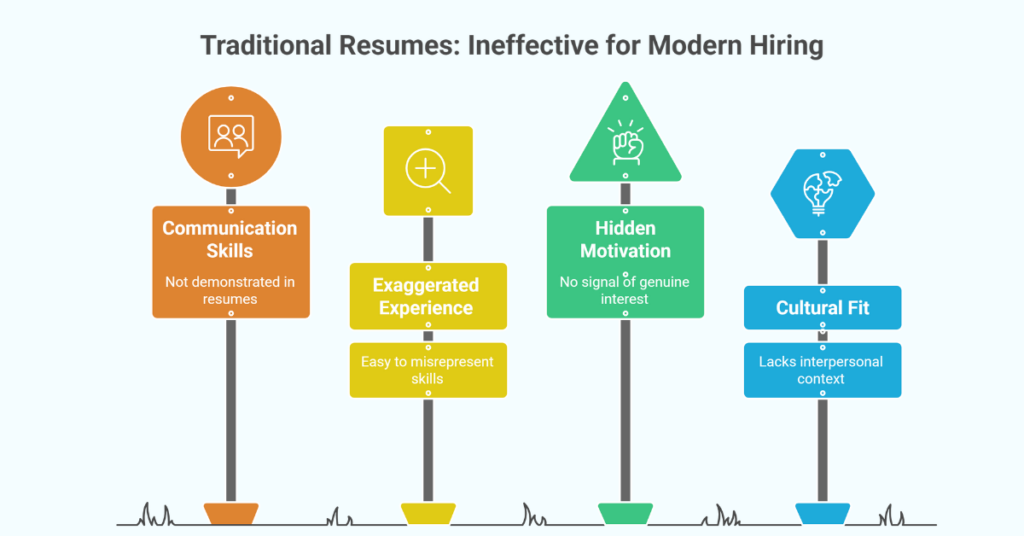Video-Based Recruitment is redefining how companies hire remote employees by making the process faster, more transparent, and more effective for both employers and candidates.
Remote work has reshaped the global workforce, making it easier than ever for companies to access talent beyond geographical boundaries. However, with this expanded reach comes new challenges in hiring. Traditional interviews are no longer sufficient when employers cannot meet candidates face-to-face. This is where Video-Based Recruitment steps in as a game-changing solution.
By leveraging video interviews, companies save time, reduce hiring costs, and create a more consistent evaluation process. Employers can screen candidates more effectively, analyze communication skills, and assess cultural fit without being in the same location. For job seekers, video recruitment levels the playing field by allowing them to present their skills, personality, and professionalism in ways a resume cannot capture.
Video-Based Recruitment is not just a trend but a necessity for modern hiring. Businesses that adopt video interview technology benefit from faster hiring cycles, better candidate experiences, and improved retention rates. In this article, we explore five key reasons why video interviews are non-negotiable when it comes to hiring remote talent.
1) Streamlines the Hiring Process
Video interviews speed up recruitment by reducing the time spent scheduling and coordinating traditional in-person meetings. Employers can record questions in advance, and candidates can respond at their convenience, eliminating time zone barriers.
This flexibility helps hiring managers evaluate more candidates in less time, which is critical when dealing with global talent pools. Instead of waiting weeks for availability, decisions can be made within days. For job seekers, it provides a more efficient process, allowing them to engage without unnecessary delays. The streamlined approach ensures hiring remains competitive in fast-paced industries.
2) Provides Deeper Candidate Insights
Unlike resumes or phone calls, video interviews give employers a richer understanding of a candidate’s communication skills, confidence, and personality. Non-verbal cues such as eye contact, tone of voice, and body language become part of the evaluation.
This makes it easier to identify candidates who align with company culture and client-facing roles. For remote teams where collaboration and communication are essential, these insights are invaluable. Job seekers also benefit as they get the opportunity to showcase themselves beyond written credentials, adding depth to their applications.
3) Improves Global Accessibility
Remote hiring often involves candidates from different countries and time zones. Video-Based Recruitment removes geographical barriers by allowing employers to connect with candidates anywhere in the world.
This global accessibility widens the talent pool and increases the likelihood of finding top talent that fits the role. Employers can expand their workforce internationally without being limited by logistics. For candidates, it creates opportunities they might not otherwise access, enabling them to pursue roles across borders without the cost or inconvenience of travel.
4) Ensures Fair and Consistent Evaluation
Video interviews create a standardized process where all candidates answer the same set of questions, ensuring fairness in evaluation. This reduces the risk of unconscious bias that often comes with informal phone conversations or inconsistent questioning.
Employers gain a reliable basis for comparison, making it easier to identify the most qualified candidates. Video recordings can also be shared with multiple stakeholders for collaborative decision-making. For job seekers, this fairness ensures they are judged on their skills and responses rather than subjective impressions.
5) Reduces Hiring Costs
Hiring costs can quickly escalate when coordinating in-person interviews, especially for international candidates. Video-Based Recruitment cuts these expenses by eliminating the need for travel, accommodation, and extensive logistics.
This cost-saving approach benefits companies of all sizes, from startups to large enterprises. Employers can allocate resources more efficiently while still accessing high-quality talent worldwide. For job seekers, the absence of travel reduces personal costs and stress, making the process more accessible and equitable for everyone involved.
Remote Recruit Solutions for Employers and Job Seekers
Remote Recruit integrates Video-Based Recruitment into its platform, giving both employers and job seekers a modern hiring experience. For employers, the platform offers video screening tools, structured interview formats, and AI-powered insights to ensure hiring decisions are faster and more accurate. Employers can reach candidates worldwide and assess them in a way that blends efficiency with thoroughness.
Job seekers benefit from the ability to stand out through recorded video introductions and live interviews. This allows them to highlight skills and personality traits that are difficult to convey on paper. Remote Recruit ensures candidates have access to user-friendly tools that help them feel prepared and confident.
By using Remote Recruit, employers reduce time-to-hire and hiring costs, while job seekers gain more opportunities to showcase themselves to a global audience. The platform bridges the gap between technology and human connection, making recruitment fairer, faster, and more effective for all parties involved.
Conclusion
Video-Based Recruitment is no longer optional for companies hiring remote talent. As businesses continue to expand globally and remote work becomes the norm, video interviews provide the structure and insights needed to make smarter hiring decisions. From streamlining the process to reducing costs, this approach transforms recruitment into a faster, more transparent, and more accessible experience.
Employers benefit from consistent evaluation, better candidate insights, and the ability to reach global talent without logistical challenges. Job seekers gain fair opportunities to demonstrate their skills and personality, ensuring they are evaluated on more than just their resumes.
Adopting Video-Based Recruitment is an investment in efficiency, quality, and fairness. Companies that embrace this method will not only hire faster but also build stronger, more connected teams. Job seekers who adapt to video interviews will position themselves as competitive candidates in the modern job market.
Sign up with Remote Recruit today to experience how video-powered hiring can transform the way you recruit and connect with top talent worldwide.
Frequently Asked Questions
1. What is Video-Based Recruitment?
Video-Based Recruitment uses recorded or live video interviews to screen and assess candidates remotely, saving time and improving hiring accuracy.
2. How do video interviews help employers?
Employers gain deeper insights into communication skills, cultural fit, and personality, while saving time and reducing costs compared to traditional interviews.
3. Are video interviews fair for candidates?
Yes, they ensure consistency by asking all candidates the same questions, reducing bias and improving fairness in the hiring process.
4. Can video recruitment work for global hiring?
Absolutely. Video interviews make it possible to connect with candidates worldwide, overcoming time zone and travel challenges.
5. How does Remote Recruit support video-based hiring?
Remote Recruit provides employers with advanced video screening tools and candidates with user-friendly video application features, creating a smooth and effective hiring process for both sides.




